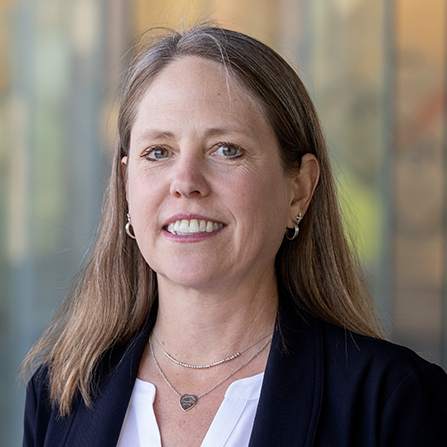Abstract:
Entrepreneurship in a commercial society is activity aimed at implementing novel ways of meeting consumer demand. Entrepreneurial activity’s drive typically is assumed to be the profit motive. That is, to discover new ways to meet consumer demand is to discover new ways to make money. The idea of social entrepreneurship is that some other motive is sometimes driving entrepreneurship, such as a desire to make the world a better place. William Baumol’s classic 1990 paper, “Entrepreneurship: Productive, Unproductive, and Destructive” offers an interesting hypothesis: namely, “While the total supply of entrepreneurs varies among societies, the productive contribution of the society’s entrepreneurial activities varies much more because of their allocation between productive activities such as innovation and largely unproductive activities such as rent seeking or organized crime. This allocation is heavily influenced by the relative payoffs society offers to such activities. This implies that policy can influence the allocation of entrepreneurship more effectively than it can influence its supply” (JPE, 98 [1990]: 893-921, at 893).
Keeping Baumol’s hypothesis in mind, my questions are: what is social entrepreneurship? What distinguishes social entrepreneurship from plain entrepreneurship? And, if entrepreneurship can come in productive, unproductive, and destructive forms, is that likewise true when it comes to more specifically social entrepreneurship? If so, what should we do about it? What are the implications for corporate policy and regulatory policy?






